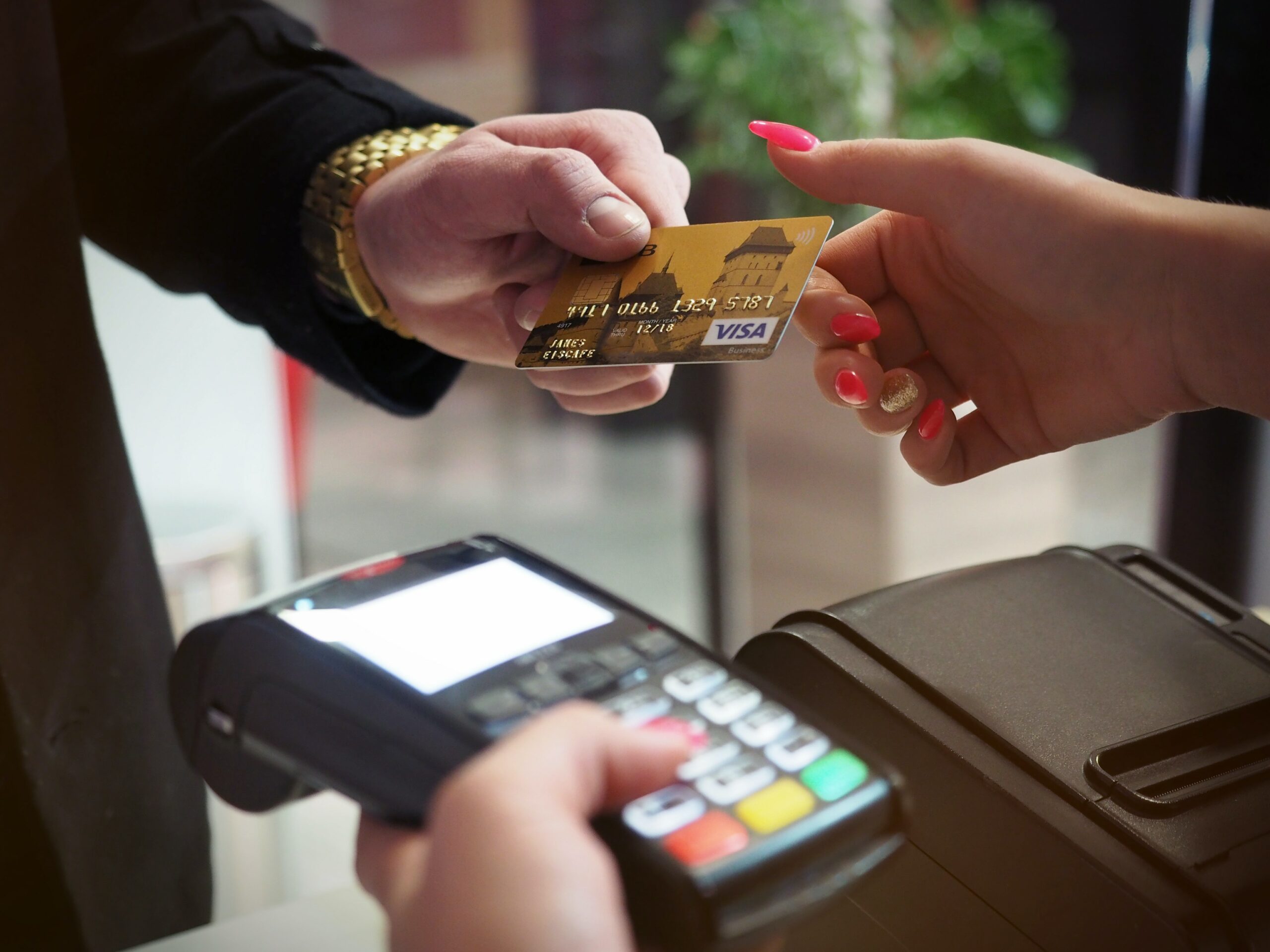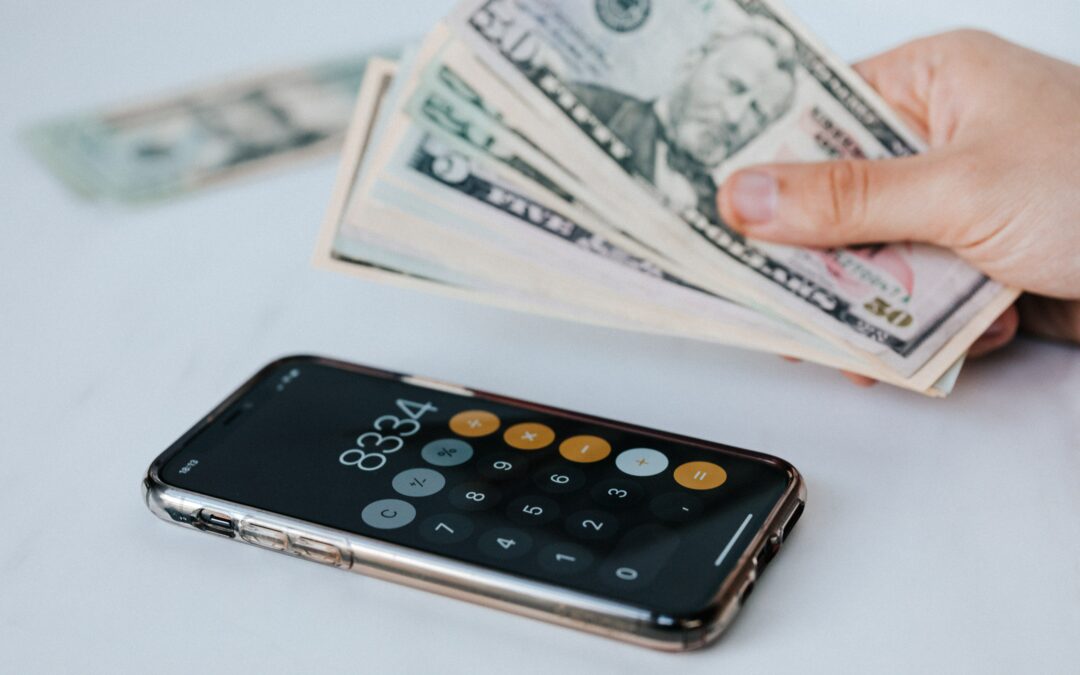Consumer debt is one of the biggest plagues in Western nations. The word consume literally means to destroy. Debt can destroy our peace, progress, and ability to build wealth. In 2022, the Federal Reserve Bank of New York reported that the total U.S. household debt increased by $351 billion, leaving the nation $16.51 trillion in consumer debt. This figure is $2.36 trillion higher than 2019.
Those numbers are alarming, but your household can break free from the shackles of debt. The best way to get out of debt is to create a plan for your money and stick to it. In this blog, I will share nine steps to help you destroy debt once and for all. They are:
1. Freeze Your Cards
2. Pay Off Monthly Charges
3. Make Minimum Payments
4. List Your Debts
5. Begin With The Debt That Can Be Paid Off Quickest
6. Find Your Winning Percentage
7. Apply Winning Percentage
8. Apply Total Monthly Payment to the Next Debt
9. Invest Extra Money
1. Freeze Your Cards
To destroy debt, you must give your credit cards the cold shoulder. One of my favorite methods is getting a coffee can, dropping credit cards in, and filling the container with water. Stick the can in the freezer, and then you will not be able to use your card(s) for impulse purchases. Instead, you will have to wait for those cards to thaw out, which gives you time to make wise financial choices.
If your internet browser has your credit card information memorized, be sure to delete that, too. Finally, make sure to keep your accounts open. Closing them will hurt your credit score.
2. Pay Off Monthly Charges
If you are in debt, you are familiar with the monthly charges that continue to delay your wealth building progress. Paying off your current monthly charges on time will get you closer to financial freedom. The key is to maintain a strict level of discipline.
If you choose to keep a credit card, use it wisely. Pay that balance off in full every time you make a charge. If that card is not going in the freezer with the rest of your cards, you will need to use it responsibly. Whether you spend $30 or $300 on your credit card, pay it off at the end of your monthly term. To help facilitate this process, I created a debt calculator. Click here to access this free debt calculator resource.

3. Make the Minimum Payment on All Debts
The best way to get out of debt is to be consistent. Sporadic payments will not destroy debt. Instead, create rhythms that will help you make minimum payments for each form of debt.
Start paying the lowest amount on each debt you owe. When you make consistent minimum monthly payments, creditors will keep your account current. This will help you avoid late fees and penalties that accrue after missing payments. When you commit to making all of your minimum payments, you begin to attack your debt!
4. List Your Debts
I remember when my wife Becky listed all of our debts on a yellow legal pad. She was great about writing everything we owed. When we saw everything on paper, it helped us get on track with managing our money. This method will help you break free from debt, too.
While there is nothing wrong with putting pen to paper, it may be more efficient to look at the hard numbers on a spreadsheet. Becky and I listed out all of our debts and the necessary payments to get rid of them. List your mortgage, car debt, credit cards, student loans, etc. Include your balance and monthly payments without taxes and insurance. Then, divide the minimum monthly payment amounts into the balance so that you can determine how many months it will take you to pay off your debts.
5. Begin With The Debt That Can Be Paid Off Quickest
After you list all your debts, it is easy to determine which one can be paid off the quickest. Make it a priority to pay off this debt first. Many people start with the debt that has the highest interest, and their progress is much slower. Remember that debt calculator that I mentioned earlier? This would be a great time to put it to good use.

6. Find Your Winning Percentage
The money you have left over after you pay all of your bills is called your winning percentage. I encourage people to live by the 80/20 rule. Here’s the 80/20 breakdown:
- Tithe 10%
- Spend 80% on expenses
- Invest 10% (5 % personal and 5 % professional)
You know the ins and outs of your personal finance journey. You may need to make adjustments in the areas where you are spending and investing. Take some time to examine your expenses and income to find a winning percentage.
7. Apply Winning Percentage
After you identify the extra room in your budget, it is time to put it to good use. Apply your winning percentage to your debt that can be paid off the quickest. When you add your winning percentage to a minimum monthly payment, you can get on track to eliminate that debt more quickly.
8. Once a debt is paid off, apply the total monthly payment to the next debt
After you pay off one of your debts, it’s time to attack the next one! This is where the snowball comes into effect. The hardest part is over, and your debt will start to melt away much faster. Now you can apply the monthly payment from the debt you just paid off, as well as your winning percentage, to the debt that can be paid off the next quickest. Your payment will be larger and cause your debt to roll downhill. The debt calculator can also help you stay on track with your payments.
9. Invest Extra Money
You have the formula you need to pay off your debt. Once you become debt free, you can focus on building wealth. You can put the money you used for debt payments toward assets. Real estate is a great example of an asset that can appreciate and become a passive income stream.
I want to equip you with even more tools to manage money wisely and build sustainable wealth. The 2023 WealthBuilders Conference is your opportunity to learn more in-depth strategies from some of the world’s most brilliant Christian thought leaders and financial experts. Click here to reserve your seat to attend the conference in person or virtually.




I have found this info &tips very useful
God bless you